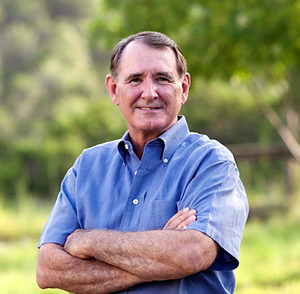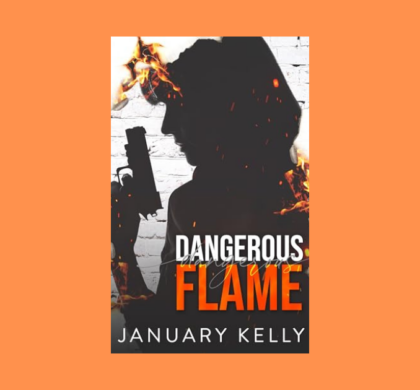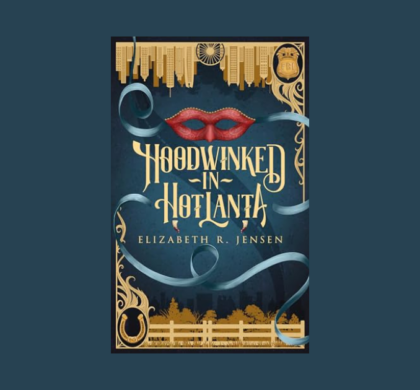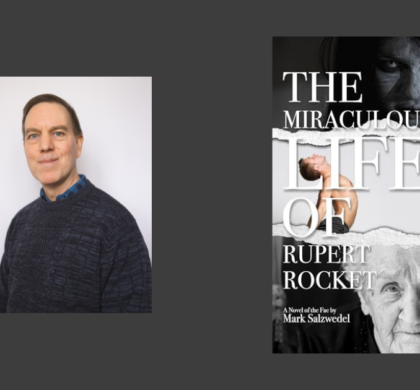Interview with Lee Jackson, author of Rasputin’s Legacy
31 Jul 2017
What can you tell us about your new release, Rasputin’s Legacy?
I had more help in writing Book 2 of my Cold War Series, Rasputin’s Legacy than I ever thought possible. It began with college classmates and others who had reached heights of success. They generously provided their knowledge and expertise to keep the story on the credible side of supposition (and thrillers are suppositions).
When Ronald Reagan asks covert operator and West Point graduate, code-named Atcho, to execute an impossible assignment, he finds himself on a deadly mission deep in Siberia with no support. His foe is a Soviet general bent on gaining control of the USSR’s nuclear weaponry. At the back of Atcho’s mind is that the country he is sent to save is the same Superpower that helped enslave his beloved birthplace.
Out of the gloom surrounding the murders of the brooding mystic Rasputin and the Russian royal family, emerges the evil that survived World War II. It fomented the Cold War and propelled their effects into the modern age on a global scale. Atcho must avert their yet to be imagined horrors. Will he be able to set aside his personal feelings and help save not only his adopted country, but the world?
When I thought I was done and ready to publish Rasputin’s Legacy, Carmine Zozzora, the producer of Die Hard With A Vengeance , fed me a dose of reality, and schooled me on keeping a story moving and shedding unnecessary detail. He then delivered me into the kind hands of Bill Thompson, the editor who discovered Stephen King and John Grisham. Bill gently coached me into polishing the manuscript. Then, 279 advance readers took their time to read the book, find typos, oversights, and errors, and point them out to me. Stuart Bache, cover designer extraordinaire, provided the final touch. There is no doubt that the published Rasputin’s Legacy is far superior to what it would have been but for their tremendous help. I will be forever grateful.
You’re hosting a literary dinner party. Which three writers are invited?
The ghosts of Robert Ludlum, Vince Flynn, and Tom Clancy. Robert Ludlum was the king of character development with his Bourne Trilogy. Unfortunately, the movie adaptations bastardized that. The Jason Bourne in the movies would have been spotted and dealt with in short order by an Intel 101 novice. Not realistic. Vince Flynn had great subject matter and knew it well. Tom Clancy was unequaled in technical detail – to a fault. If the venue can accommodate, I’d also invite Shakespeare, Theucydides, Chaucer, Homer, Dostoyevsky, Clive Cussler, Agatha Christie, Ian Fleming, Joe Galloway, Tanto Paronto, the ghost of Tacitus… should I go on?
What or who inspired you to become an author?
A belt! When I was in 5th grade (I was in a British school in Morocco, and I’m a Texan), my teacher instructed to write a short story. I threw a tantrum and said I could not. She enlisted the help of a male teacher who took me into the library and convinced me that I could. Through stinging, wet eyes, and while sitting on a sensitive back-side, I scratched out my tome.
I don’t know how good it was really, but it received a lot of acclaim. So did my next one and next one… That continued through high school. In the 9th grade, my English teacher always read the short story in any given week that earned the top grade. That became the weekly Lee Jackson story hour. I was hooked. In college, and in my career, my mouth got me into trouble, and my writing ability got me out. As a result, I became what I call a “convinced writer.” Sometimes I am still amazed that people like to read what I write, but I no longer question the phenomenon.
Every pursuit I’ve followed in my adult life has been to set up where I can write full time, and now I do. That’s not to say that my wife is not petrified at times, but we’ve lasted 40 years together, so we might get through this.
What’s your favorite thing about writing?
That’s very hard to say. I shouldn’t love it. It is a solitary pursuit. I’ve told friends that if I were to be reincarnated and could pick my talent, I think I might pick a different one than writing. There might be other professions where so much work must be done before a general audience heralds or dismisses the work of weeks, months, years, but I don’t know of one. It is more of a compulsion for me. Yet when I’m in the zone (i.e. working hard on a story, whether producing original copy or editing something already created), I get lost in time. My long-suffering wife reminds me to clean up, my granddaughter (just turned 5) tells me I have crazy hair, I cans see my own scruffy, unshaven face in the mirror, and a lot of the time I forget to eat. Yet when I’m in that place, I’m a happy man. There must be a bit of insanity working there.
What’s a typical day like for you?
I’m an early riser, and I’d like to tell you that I get straight to writing, and wish that were the case. When I’m heavy into a book, that is the case, but unfortunately, marketing takes up so much time (I almost said “too much time,” but successful marketing is the price to pay for having any opportunity to write.) My office is where I sit with my laptop. Sometimes, it’s with family all around, sometimes I have to seclude myself for concentration. Lately, I’ve been going out to water the lawn and garden – my wife’s hobbies (she’s always managed to wrap me into hers). We nearly lost an expensive lawn. I rescued it, and don’t want that to happen again. Interestingly, I find I enjoy it. It helps settle me into the day, and with the extreme heat this year, I go out and spray the brown areas – cool off the ground and keep moisture there without soaking the ground. The process seems to have worked. The rest of the day, I’m developing the market, the marketing materials, or figuring out how to further promote my books. When I’m not doing that, I’m spending time with my wife, our kids, or our grandchildren. I then manage to insert non-existent hours between midnight and 12:01 to work on my writing projects. I’d love to reverse the time distribution of those efforts.
What scene in Rasputin’s Legacy was your favorite to write?
I have three favorites, although I love them all. The first is the first appearance of the antagonist. Although his presence permeates the entire book and is pervasive from the beginning, he makes a physical appearance almost a third of the way through. Very shortly after that, the reader sees the strange vicissitudes of Rasputin and begins the trek of understanding how he affected the Cold War and current events. Finally, about mid-way through the book, Atcho, the protagonist takes an opportunistic, dangerous, and unexpected blow at his antagonist. I don’t want to give away spoilers, so that’s all I’ll say for now.
Do you have a motto, quote or philosophy you live by?
Personality is what you do when everyone is looking. Character is what you do when no one sees.

Lee Jackson is the author of the new book The Rasputin’s Legacy.
Connect with Lee:
Author Website
Buy The Book
Sign up for our email and we’ll send you the best new books in your favorite genres weekly.


